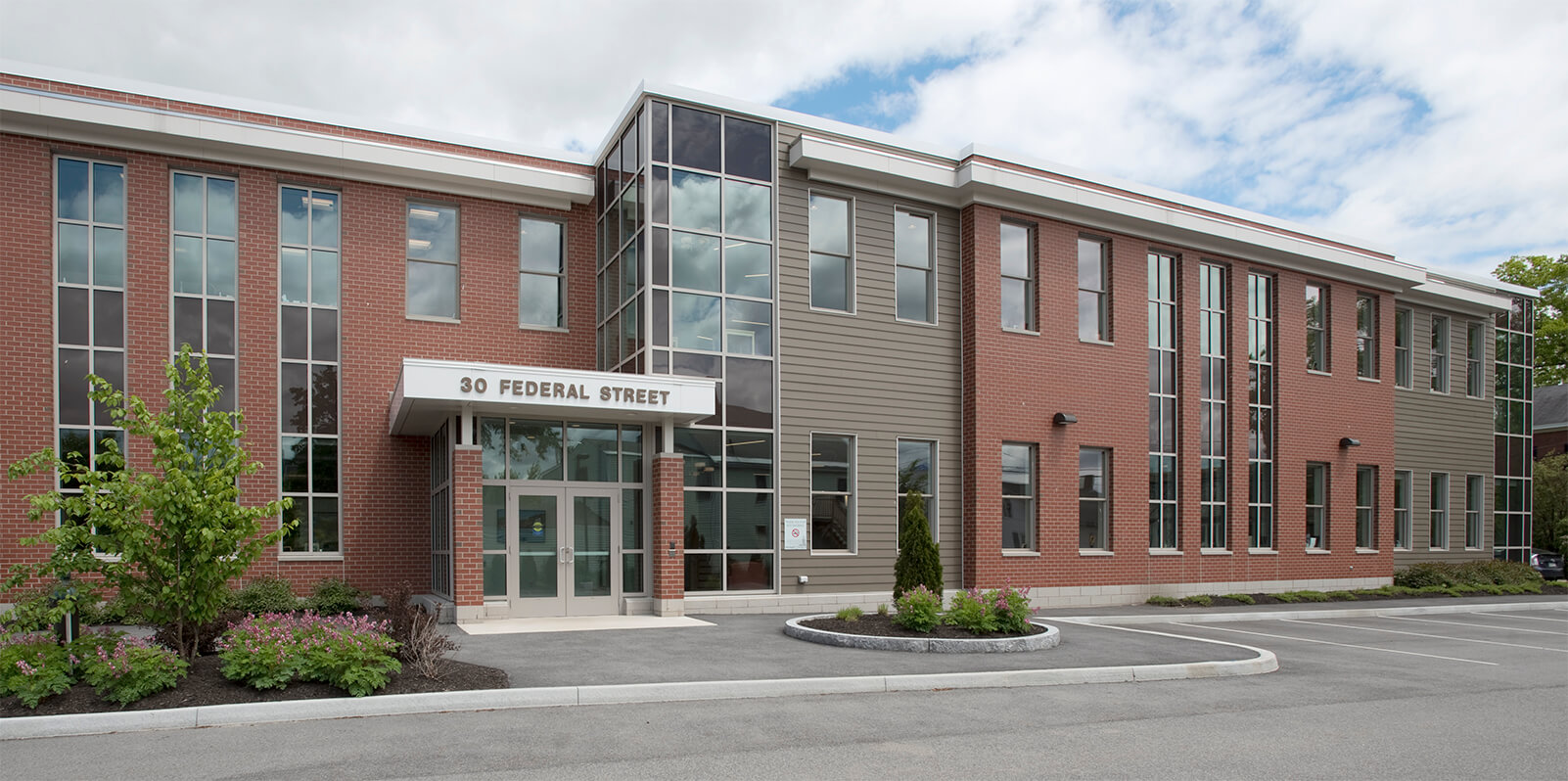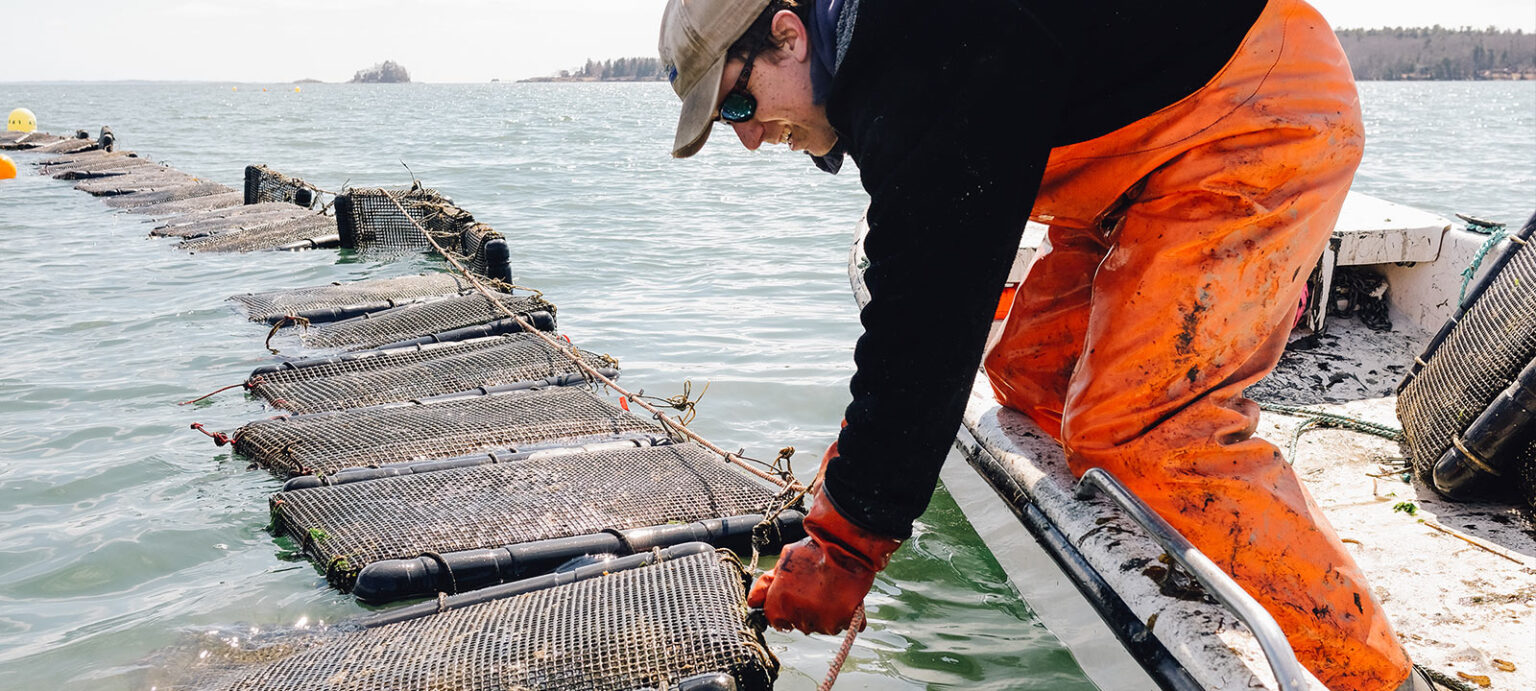November 05, 2018
Our Opinion: Three Investments That Can Make Maine’s Economy Work for Everyone
By Betsy Biemann and Keith Bisson — published in the Opinion section of the Bangor Daily News, November 4, 2018
By some measures, Maine’s economic data look great. The unemployment rate has been below 4 percent for 33 months. Federal statistics show that Maine’s 2017 median household income was $56,227, up nearly 4 percent from 2016.
Yet we know the economy isn’t working for everyone. Maine has the nation’s third-fastest growth in income inequality. The changing climate is creating uncertainty for fishermen, farmers and others dependent on our natural resources. To make sure more Maine workers experience “The Way Life Should Be,” we need to invest in what they say they need to get ahead in a transitioning economy.
Coastal Enterprises Inc. lends to, invests in and advises businesses from Portland to Presque Isle. We know that business owners want to offer living wages for jobs that sustain families, build a workforce and strengthen communities. We have seen the ripple effects of good jobs and increased consumer purchasing power that help fuel community revitalization.
But businesses tell us they can’t find workers with the right skills and qualifications; workers and job-seekers lack access to affordable quality child care; and, particularly in remote regions, slow or no broadband access hampers survival and growth. Maine could tap a portion of its $176 million budget surplus to make three pragmatic investments in a better future.
First, Maine should invest more in workforce training to bring underemployed people, those whose families have been settled here for multiple generations and immigrants new to the state, off the sidelines and into good jobs with living wages and benefits. We can build on proven models.
Washington County Community College hosts trainings for good-paying jobs at the state-of-the-art paper plant in Baileyville. Portland clothing manufacturer American Roots recruits and trains stitchers from the community, while Biddeford start-up Junora will be training staff in the high-tech skills needed for its new manufacturing plant. Solar training providers like Kennebec County Community College are “training the trainers” who then connect unemployed veterans with good jobs in an industry with strong growth potential.
CEI and its partners offer Shared Waters aquaculture business classes for fishermen wanting to diversify their income streams.
Second, access to affordable quality child care is a major challenge for workers and businesses. Parents turn down jobs or take low-paying positions with flexible hours because they can’t find or afford care, with damaging consequences for family incomes and stability. Maine’s Child Care Subsidy Program helps eligible parents defray the high cost of child care, but the program is inefficient and complicated, and meets only a fraction of the need.
The solution is collaborative and multi-pronged. Some Maine businesses, like Biddeford’s Hyperlite Mountain Gear, offer flexible work schedules for staff to accommodate personal and family responsibilities. Child care centers like Gorham’s Seedlings to Sunflowers, a woman-owned nonprofit facility, reserve slots for low-income families with vouchers and offer sliding scale pricing to make child care affordable.
Since 1977, CEI’s investments in child care facilities have helped create or retain 5,818 slots. Investment in child care benefits, services and facilities will put children and families on a better economic footing, and lead to stronger businesses, economic growth and future earnings.
The third area for investment was addressed by U.S. Secretary of Agriculture Sonny Perdue in his visit last month when he highlighted the lack of high-speed broadband access in Maine. Our ability to grow businesses and attract people to our state is limited when communities don’t have reliable internet and cell service. Investing in broadband will attract new businesses, improve children’s education, facilitate tele-health services and accelerate commerce by enabling businesses to connect to new customers.
This is particularly important for rural counties. Rural enterprises like farms, tourism-related businesses and small manufacturers that seek to grow cannot operate in isolation and need access to markets that comes from connecting to technology if they are to create demand and ultimately jobs. Compare the median Aroostook County income of just over $43,000 with the $72,000 median in Cumberland County. If we fail to invest in building a 21st-century economy, Maine’s families and economy will suffer.
Mainers have contributed their tax dollars to create today’s budget surplus and a portion of it can be prudently invested to jumpstart nonpartisan, pragmatic solutions to these challenges. We stand ready to work with Maine’s next governor and Legislature to help grow our economy for everyone.



